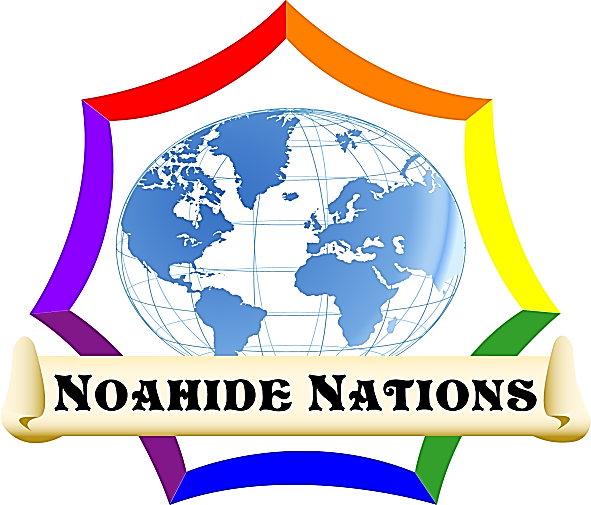WHAT IS TZEDAKAH?
- Category: TREASURE CHEST OF TORAH WISDOM
- Hits: 10895

The word tzedakah (Hebrew: צדקה) derives from the Hebrew word tzedek, "justice." Performing deeds of justice is perhaps the most important obligation Judaism imposes on the Jew. "Tzedek, tzedek you shall pursue," the Torah instructs (Deuteronomy 16:20). Hundreds of years later, the Talmud taught: "Tzedaka is equal to all the other commandments combined" (Bava Bathra 9b). From Judaism's perspective, therefore, one who gives tzedaka is acting justly; One who doesn't, unjustly. And Jewish law views this lack of justice as not only meanspirited but also illegal. Tzedakah is considered very important religiously, as rabbinic writings teach us that through giving tzedakah, we emulate God and can also atone for wrongdoing. Many Jewish holidays include a component of giving tzedakah, and it is traditional to give tzedakah at important life cycle events such as births, weddings,and to honor the memory of someone who has passed away.
The Torah legislated that Jews give 10 percent of their earnings to the poor every third year (Deuteronomy 26:12), and an additional percentage of their income annually (Leviticus 19:910). Hundreds of years later, after the Temple was destroyed and the annual tithe levied upon each Jew for the support of the priests and Levites was suspended, the Talmud ordered that Jews were to give at least 10 percent of their annual net earnings to tzedaka (Maimonides, Mishneh Torah, "Laws Concerning Gifts for the Poor," 7:5).


 French (FR)
French (FR)  English (UK)
English (UK) 




